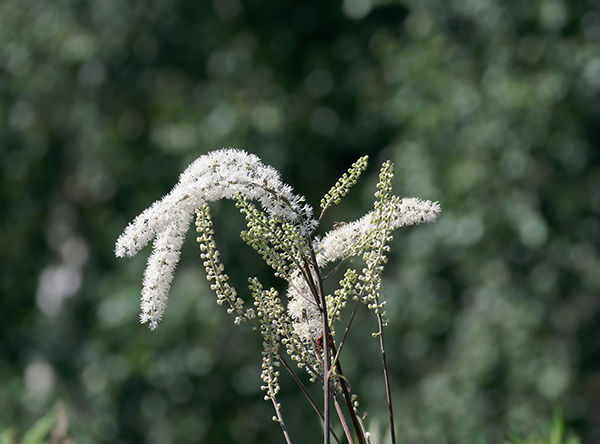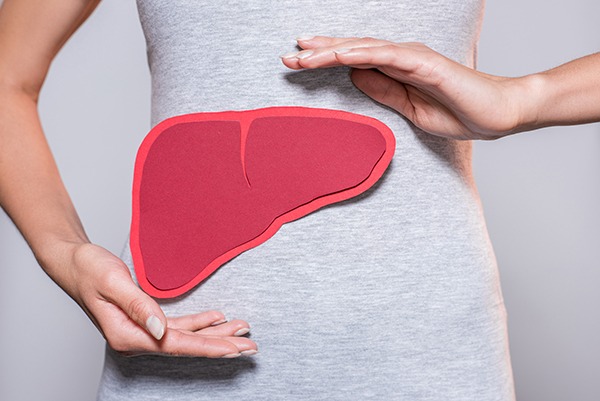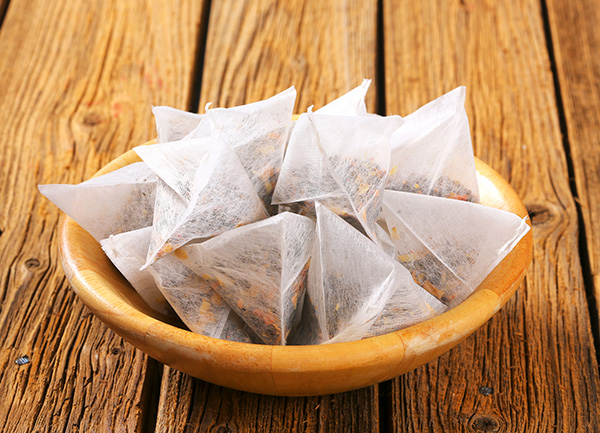Black Cohosh Root Tea: Benefits, Side Effects, and How to Make It
Black cohosh root tea is an herbal tea brewed from the roots of the black cohosh plant, also known by its scientific name, Cimicifuga racemosa. This plant is native to North America and has been used by indigenous communities for centuries for its medicinal properties. The tea is characterized by its slightly bitter taste and earthy aroma.

Potential Health Benefits of Black Cohosh Root Tea
The remarkable potential benefits of this tea deserve attention. Each benefit is grounded in traditional usage and emerging scientific studies.
May Help Alleviate Menopausal Symptoms
Black cohosh root tea is perhaps best known for its possible effects on menopausal symptoms. Several studies suggest it may help alleviate hot flashes, mood swings, and night sweats, which are common menopausal discomforts.
Potential Anti-Inflammatory Properties
The tea might also possess anti-inflammatory properties. This could help alleviate symptoms associated with conditions like arthritis and rheumatism.
Might Support Digestive Health
Historically, black cohosh root tea has been used to promote digestive health. It could potentially aid in digestion and soothe gastrointestinal issues like bloating and constipation.
Black Cohosh Root Tea Side Effects
While the potential benefits are enticing, it’s equally crucial to be aware of the possible side effects.
Potential Liver Damage
Some studies suggest that long-term use or high doses of black cohosh might lead to liver damage. Symptoms might include jaundice, dark urine, or persistent fatigue.
Possible Allergic Reactions
Some individuals might be allergic to black cohosh, leading to skin rashes, itching, or breathing difficulties. If you experience any of these symptoms, discontinue use and consult your healthcare provider.
Gastrointestinal Discomfort
While some find this tea beneficial for digestive health, others might experience stomach upset or constipation, particularly when consumed in excess.
Who Should Not Drink Black Cohosh Root Tea?
Pregnant and breastfeeding women should avoid black cohosh root tea due to its potential to stimulate uterine contractions. People with liver disease, or those who are allergic to plants in the buttercup family, should also refrain from using this tea.
How to Make Black Cohosh Root Tea
Making black cohosh root tea is a simple process, and you can enjoy this therapeutic brew right at home.
- Boil one cup of water.
- Add one teaspoon of dried black cohosh root.
- Allow the tea to steep for about 10 to 15 minutes.
- Strain the tea and serve. You can add honey or lemon for flavor.
Remember to follow the manufacturer’s guidelines if you’re using a packaged product.
Final Thoughts
Black cohosh root tea is a promising herbal remedy with various potential benefits, from alleviating menopausal symptoms to supporting digestive health. However, like any supplement, it should be used responsibly, taking into account potential side effects and contraindications.
FAQ
What Does Black Cohosh Root Tea Taste Like?
Black cohosh root tea has a somewhat bitter taste, with earthy undertones. Some people liken its flavor to strong black tea.
When Should I Drink Black Cohosh Root Tea?
You can drink black cohosh root tea at any time of day. However, if you’re using it to help with sleep issues, you might find it beneficial to drink it in the evening.
How Often Can You Drink Black Cohosh Root Tea?
While there’s no definitive guideline, starting with one cup per day is generally considered safe. Always follow the manufacturer’s guidelines if you’re using a branded product.
How Long Can You Drink Black Cohosh Root Tea Safely?
This can vary depending on individual health factors. Generally, short-term use of a few weeks to a couple of months is considered safe. However, because of potential liver damage concerns, prolonged use should only be under the guidance of a healthcare professional.






